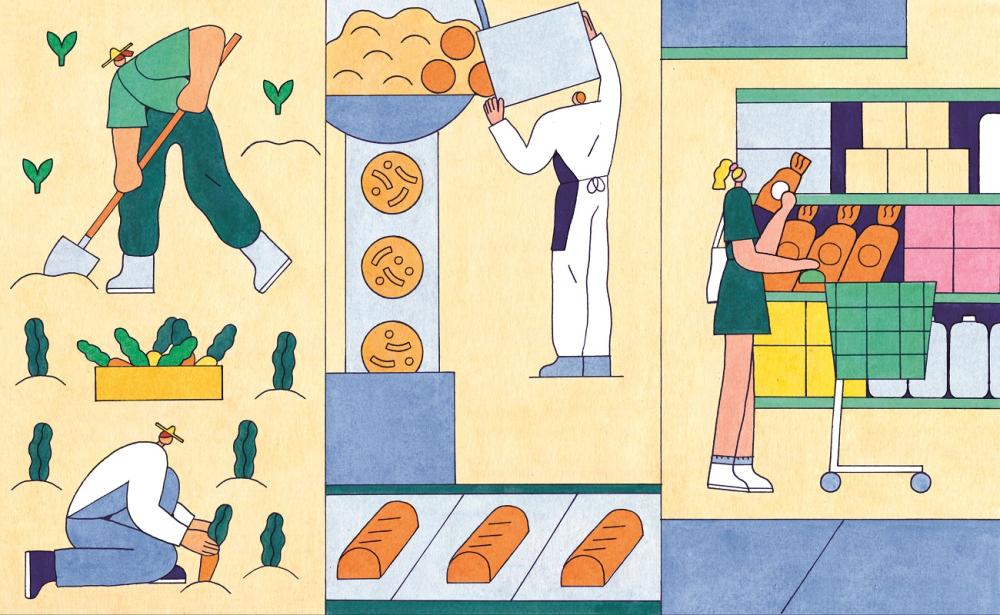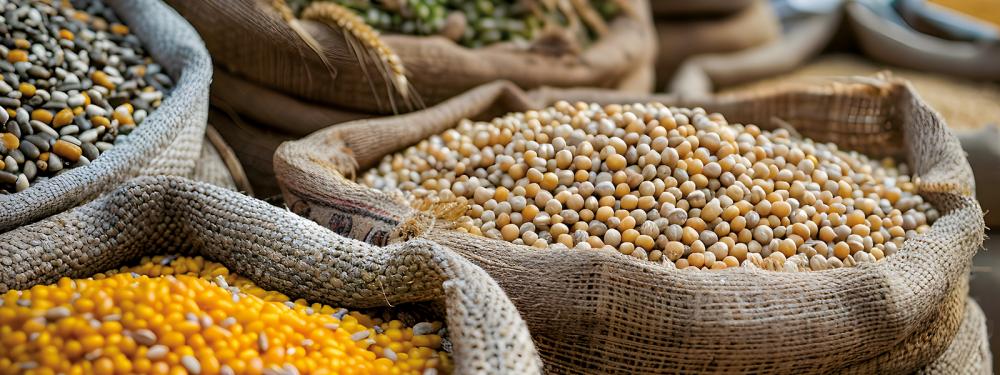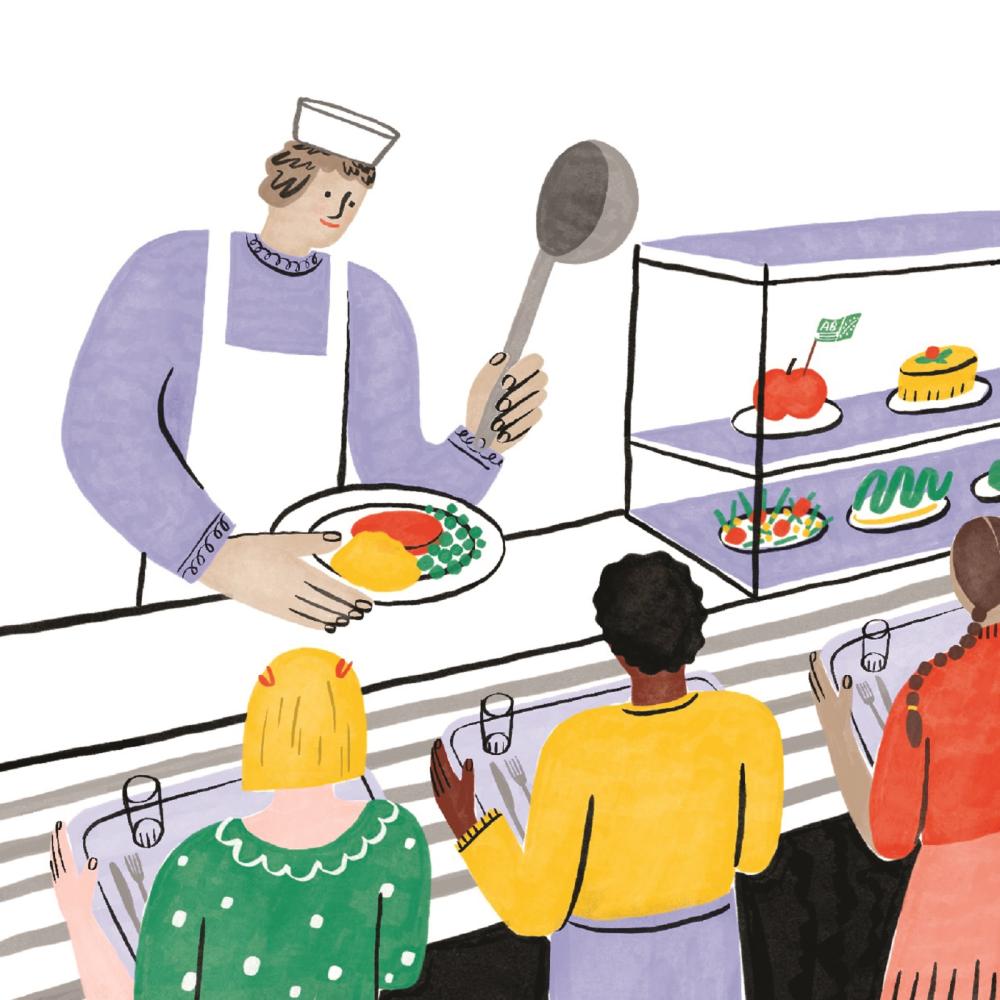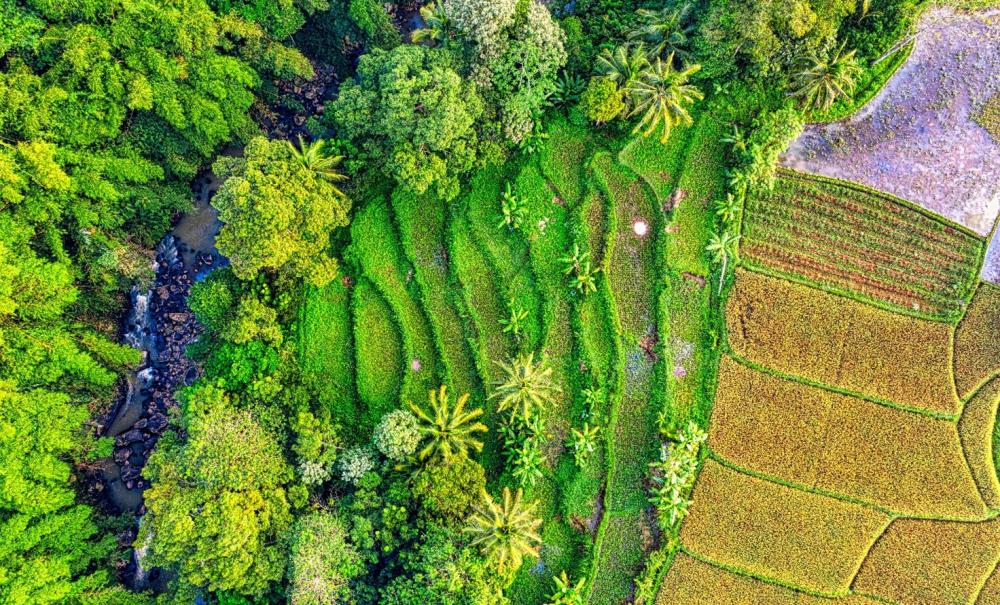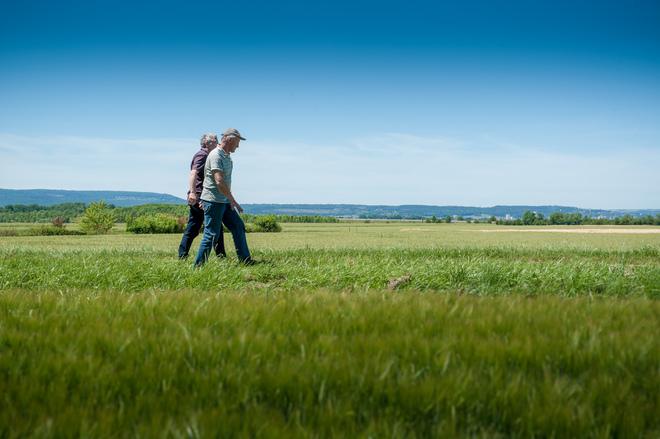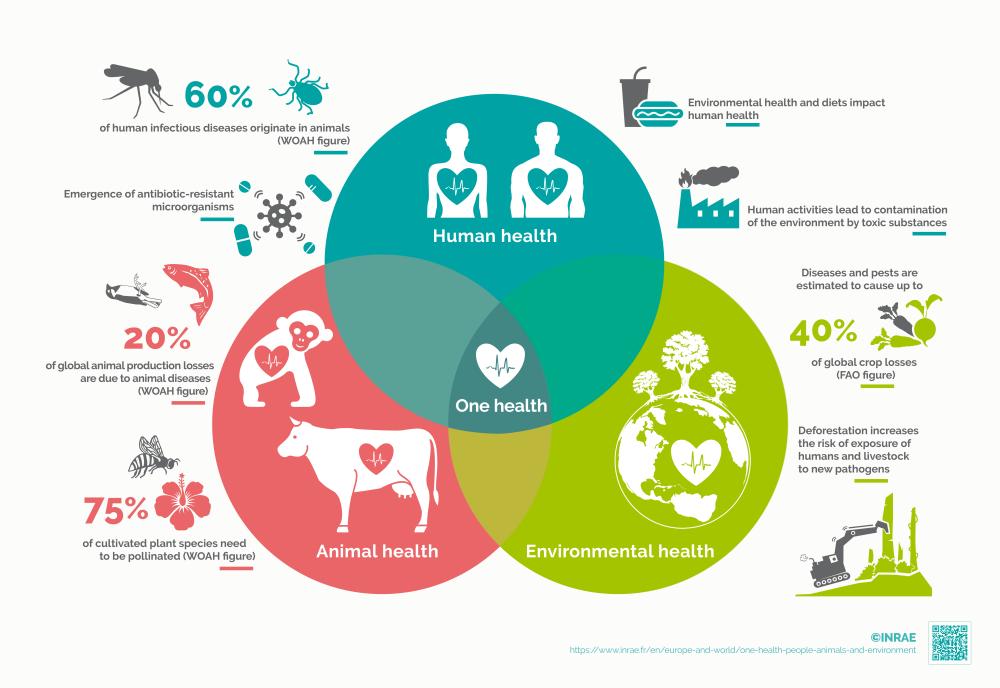INRAE contributes to the 2025 United Nations Food Systems Summit
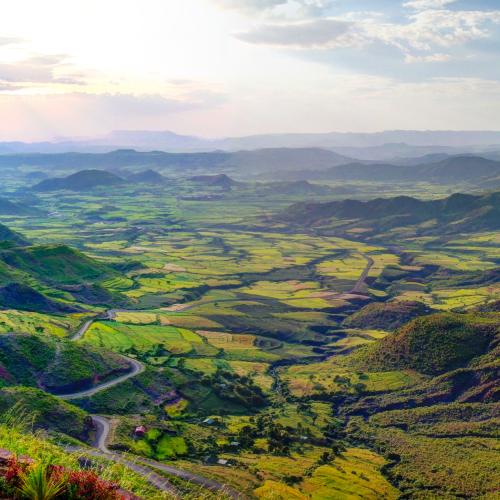
UNITED NATIONS FOOD SYSTEMS SUMMIT: TAKEAWAYS FROM THE 2025 EVENT
The UN Food Systems Summit (UNFSS) aims to shape global opinions and profoundly change how we produce, consume and perceive agriculture and food. The UNFSS was launched in 2021 to speed up the achievement of this ambitious goal and is part of the 2030 Agenda for Sustainable Development. The summit connects a wide range of stakeholders - scientists, policymakers, businesses, farmers, consumers and NGOs - in an effort to develop actionable responses to food system challenges such as supporting sustainable farming and profitable agri-food businesses and overcoming malnutrition (undernutrition, overweight, obesity), unequal access to healthy food, and environmental degradation.
The UNFSS+4 Summit, held in Addis Ababa in 2025, marks an important milestone as the fourth anniversary of this global event nears. The event sought to take stock of the commitments that have been made, identify persistent sticking points and revitalize actions ahead of the 2030 deadline.
UNFSS: rethinking food systems as a whole
The UNFSS was announced in 2019 during the High-Level Political Forum on Sustainable Development (HLPF), the main UN oversight body for the 2030 Agenda. The summit is part of the UN’s overall strategy for sustainable development and is under the direct authority of the United Nations Secretariat.
Unlike other more sector-specific conferences, the UNFSS stands out for:
- its systemic approach*, which seeks comprehensive transformation of food systems, from production to nutrition, and
- its institutional scope through its efforts to mobilize all relevant UN agencies, Member States, public and private stakeholders, and civil society.
*FAO recently published a guidance note on the drivers and barriers to food system transformation, with a particular focus on fragmented governance.
INRAE Scientific Representation: a strategic presence
As a member of the French delegation, INRAE -represented by Sophie Nicklaus, an expert in food environments and early childhood nutrition, and Lionel Brétillon, a nutrition specialist- will take part in scientific sessions, bilateral meetings and side events.
Akiko Suwa-Eisenmann, Chair of the HLPE, and Jean-François Soussana, Vice-Chair of the Scientific Advisory Committee (SAC), will contribute as international experts and will speak in two dedicated scientific sessions.
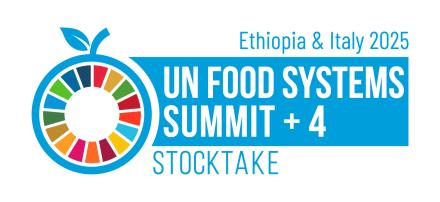
Raoul Mille, Scientific Advisor at the Permanent Representation of France to the UN agencies in Rome (FAO, WFP, IFAD, as well as the CFS and the UN Food Systems Hub), has facilitated the preparation of this mission and will participate in a panel discussion on multisectoral governance.
INRAE pursues a dual objective: to strengthen its scientific contribution and to inform its strategic thinking by closely observing international dynamics on a key issue for both France and Europe.
INRAE’s commitment to the 2030 Agenda
Reaching the goal of “healthy and sustainable food for all” requires considering sustainability across the entire food chain from all angles: agricultural, nutritional, environmental, economic and social. This systemic approach shapes INRAE’s scientific strategy, which looks ahead to 2030.
- The strategy is based on efficient and resilient agriculture that protects ecosystems, ensures farmers can earn a decent living, limits losses and waste, and supports diverse, safe and affordable food. To this end, INRAE leverages agroecology, digital innovations, biotechnologies, nutrition, the economic and social sciences and territorial dynamics. INRAE moulds its research strategy through major projects that align with UNFSS priority actions.
- The Institute draws from a wide range of disciplines to support the transformation of food systems, from farm to fork. Its commitment to multilateral forums also helps it remain keenly aware of emerging scientific debates, international coalitions and public policy levers.
NUTRITION AND FOOD SYSTEMS: A STRATEGIC LINK
Debates on food system transformation too often revolve solely around agricultural production. But this reductive view diminishes the crucial role of nutrition, a strategic area of focus that is one of INRAE’s scientific priorities. Nutrition is a powerful, multifaceted lever that can help address today’s biggest challenges: food security (SDG 2), health (SDG 3), education (SDG 4), equality (SDG 5), inclusion (SDG 10), employment (SDG 8), responsible consumption (SDG 12), climate and biodiversity (SDG 13, 14, 15).
Nutrition for Growth: investing in nutrition
The Nutrition for Growth Summit, held in March 2025, laid down the operational foundations for an ambitious nutritional transformation.
- The summit, which brought together 127 delegations in Paris, raised $27.5 billion and underscored the need to move beyond simply providing emergency assistance and instead make structural, sustainable investments.
- Ideas for territory-based transformation - such as agroecology, school meals and urban farming - were shared during the scientific conference hosted by AFD and co-organized by INRAE, CIRAD and IRD.
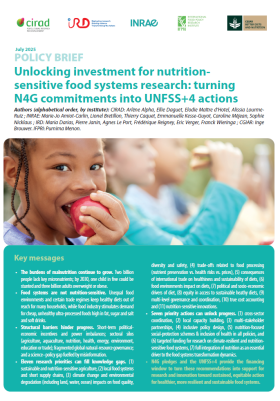
The discussions in Paris enriched international deliberation on the role of nutrition in food systems. They helped create a set of shared scientific principles, presented several months later in Addis Ababa during the UNFSS+4.
Read our policy brief pdf - 1.77 MB11 research priorities have been identified to bring nutrition to the forefront of food systems.
7 action priorities have also been proposed to guide public policies and funding, with the aim of enabling food systems to contribute effectively to the SDGs.
This framework for reflection is the result of a joint effort led by INRAE, CIRAD, IRD, and CGIAR, in particular IFPRI.
11 scientific priorities to make nutrition a lever for transformation
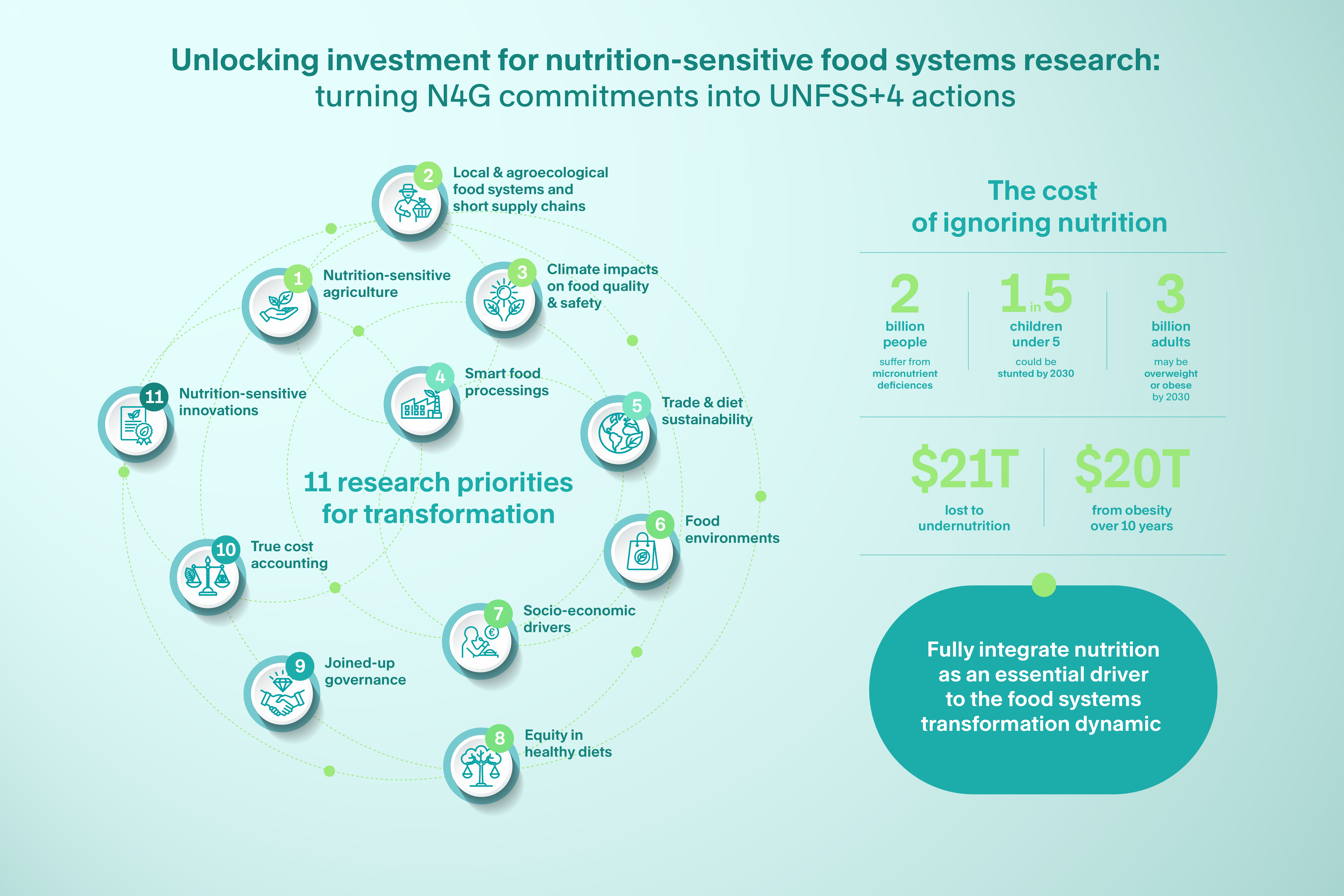
The SOFI 2025 report, presented by FAO at the same time, warns of the impact of food inflation on nutritional security. This convergence of diagnoses highlights the urgent need to design food policies through the lens of nutrition.
INRAE’s Research in Line with Key Priority Areas for Action
Scientific action rooted in international coalitions
INRAE participated in two UN coalitions supported by the UN Food Systems Coordination Hub. Through their involvement in these research and innovation groups, INRAE scientists contributed to potential actions set out during the summit:
- The School Meals Coalition promotes school meal policies as systemic levers for health, education, agriculture and local jobs. A specific session was devoted to this coalition at the UNFSS+4.
- The Agroecology Coalition held two events at the summit. It explored transition pathways to sustainable, local and resilient farming systems.
SCIENCE AS A FOUNDATION FOR THOUGHT
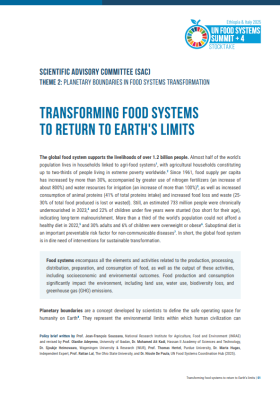
The UNFSS process is based on an international scientific group of independent experts tasked with supporting multilateral debates. Jean-François Soussana, chair of the French High Council on Climate and INRAE international advisor, has been a member of this group since 2021. He participated in two scientific sessions during the 2025 event and coordinated one of the policy briefs produced by the expert group that calls for improved linking between food and climate policies.
The analysis emphasized the need to make nutrition, health and equity the cornerstones of food systems. These aspects rarely get much attention in national policies, despite being vital to creating truly sustainable transformation pathways centred on the needs of populations and ecosystem resilience.
Akiko Suwa-Eisenmann, an economist at INRAE, chairs the High-Level Panel of Experts on Food Security and Nutrition (HLPE-FSN), a scientific body of the UN Committee on World Food Security (CFS). She attended the summit as an international expert, keeping a close eye on the discussions related to the HLPE-FSN’s work, including the analyses that support CFS recommendations as well as guidance for UN agencies.
A scientific assessment of UN-led processes
A scientific assessment of the summit could be carried out in autumn 2025 by experts from INRAE, CIRAD and IRD following the World Food Forum, CFS 53 and COP30. This assessment will analyse what research can offer in terms of global food system governance and the transformation pathways of these systems, as well as highlight obstacles and underexploited solutions based on equity, biodiversity or innovation.
KEY DATES
The United Nations Food Systems Summit is established as an ongoing international forum for reflection. Key milestones:
JULY 2025
• UNFSS+4 in Addis Ababa: evaluation of commitments and revitalization of action for 2030. INRAE participates through the French delegation.
JULY 2023
• UNFSS+2 in Rome, with INRAE participating through the French delegation. Watch the highlights (in English)
SEPTEMBER 2021
• United Nations Food Systems Summit in New York and inauguration of the coalitions.
JULY 2021
• Independent dialogue entitled “Strengthening international research cooperation on food systems”, co-organized by INRAE and UNESP (Brazil) as part of the Science Days at the UN Food Systems Summit.
• Science Days of the United Nations Food Systems Summit, organized by the Scientific Group and the FAO, with Jean-François Soussana.

